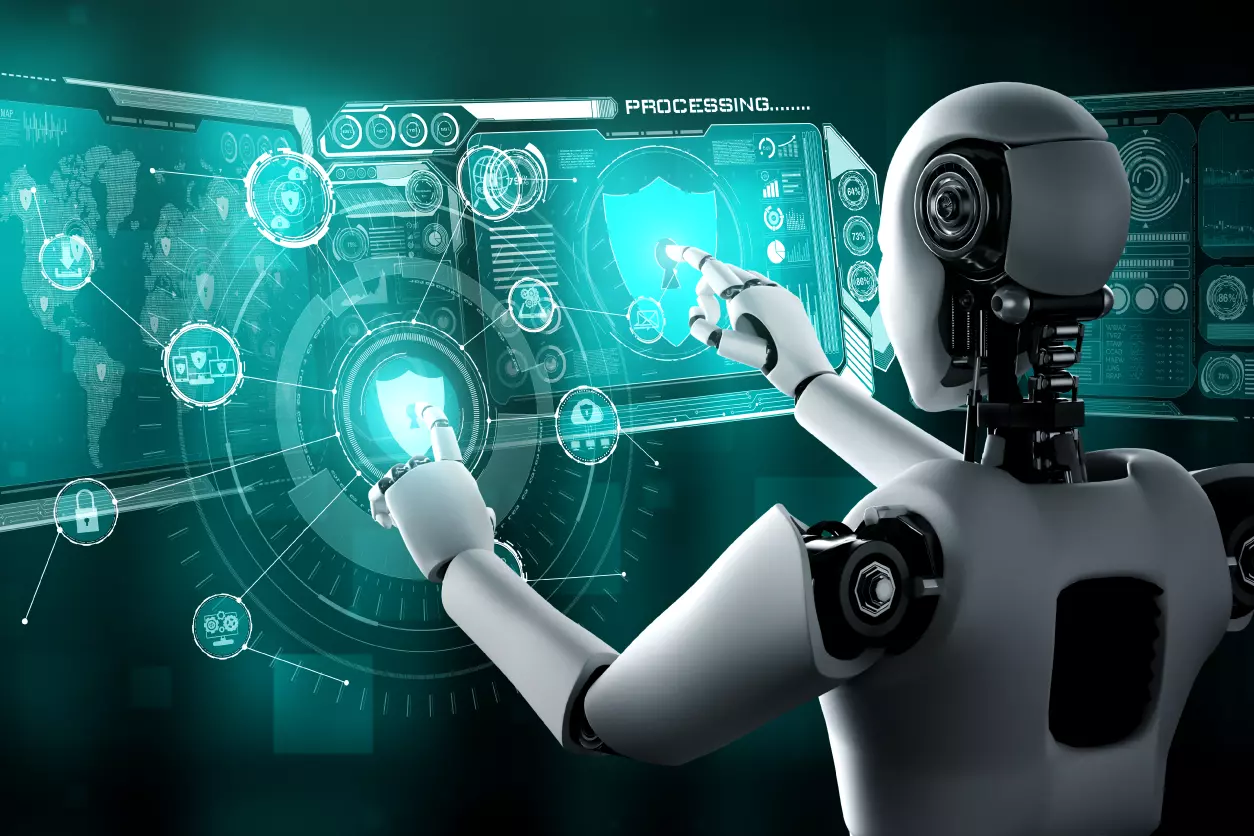
Streamlining the Future: The Automation Revolution
Automation has become a linchpin in our rapidly evolving world, driving efficiency, innovation, and transformative changes across various industries. This article delves into the multifaceted impact of the automation revolution, exploring its applications, benefits, and the evolving landscape of automated technologies.
The Foundation of Automation
At its core, automation involves the use of technology to perform tasks without human intervention. From simple repetitive actions to complex decision-making processes, automation has the potential to streamline operations, reduce errors, and enhance overall productivity. The foundation of this revolution lies in the integration of artificial intelligence, robotics, and smart technologies.
Applications Across Industries
The scope of automation extends across diverse industries, from manufacturing and healthcare to finance and logistics. In manufacturing, automated processes ensure precision and speed, leading to increased production efficiency. In healthcare, robotic surgeries and automated diagnostics improve accuracy and patient outcomes. The financial sector benefits from automated trading algorithms, optimizing investment strategies.
Enhancing Efficiency and Productivity
One of the primary benefits of automation is its ability to enhance efficiency and productivity. By automating routine and repetitive tasks, businesses can allocate human resources to more creative and complex endeavors. This shift not only accelerates processes but also fosters a more innovative and dynamic work environment.
Transforming the Workforce: Humans and Machines Collaborate
Contrary to the fear of job displacement, the automation revolution is transforming the workforce rather than replacing it. Automation allows humans to focus on tasks that require emotional intelligence, creativity, and critical thinking—areas where machines may fall short. The collaboration between humans and machines is creating a more skilled and adaptable workforce.
The Role of Artificial Intelligence
Artificial intelligence (AI) is a driving force behind automation. Machine learning algorithms enable systems to learn from data, adapt to changing scenarios, and make informed decisions. In customer service, AI-powered chatbots provide instant responses, while in manufacturing, AI-driven predictive maintenance minimizes downtime.
Benefits in Safety and Precision
Automation contributes significantly to safety and precision in various domains. In industries such as construction and mining, automated machinery can handle hazardous tasks, reducing the risk of accidents. Precision agriculture utilizes automation for precise planting, irrigation, and harvesting, optimizing resource use and crop yield.
Challenges and Ethical Considerations
Despite its numerous benefits, automation poses challenges, including job displacement, ethical concerns, and the need for continuous upskilling. Addressing these challenges requires a holistic approach, encompassing education, policy frameworks, and ethical guidelines for the responsible development and deployment of automated technologies.
Automation in Daily Life
The automation revolution is not confined to industries; it permeates our daily lives. Smart homes feature automated thermostats, lighting systems, and security cameras. Virtual assistants respond to voice commands, and autonomous vehicles are becoming a reality. These advancements showcase how automation is becoming an integral part of our everyday experiences.
The Future Landscape: Autonomous Systems and Beyond
The future of automation holds the promise of autonomous systems that can operate independently, making decisions based on real-time data. From autonomous vehicles to unmanned aerial vehicles for delivery, the landscape of automation is evolving rapidly. The integration of 5G connectivity and the Internet of Things (IoT) further amplifies the potential of automated systems.
Exploring the Automation Revolution
To stay informed about the ongoing automation revolution and its impact on industries and daily life, explore more at Automation. From cutting-edge technologies to discussions on the ethical considerations of automation, staying informed is key to navigating the evolving landscape of this transformative revolution.
In conclusion, the automation revolution is reshaping the way we work, live, and interact with technology. By understanding its applications, benefits, and challenges, we can harness the full potential of automation to create a more efficient, innovative, and collaborative future.